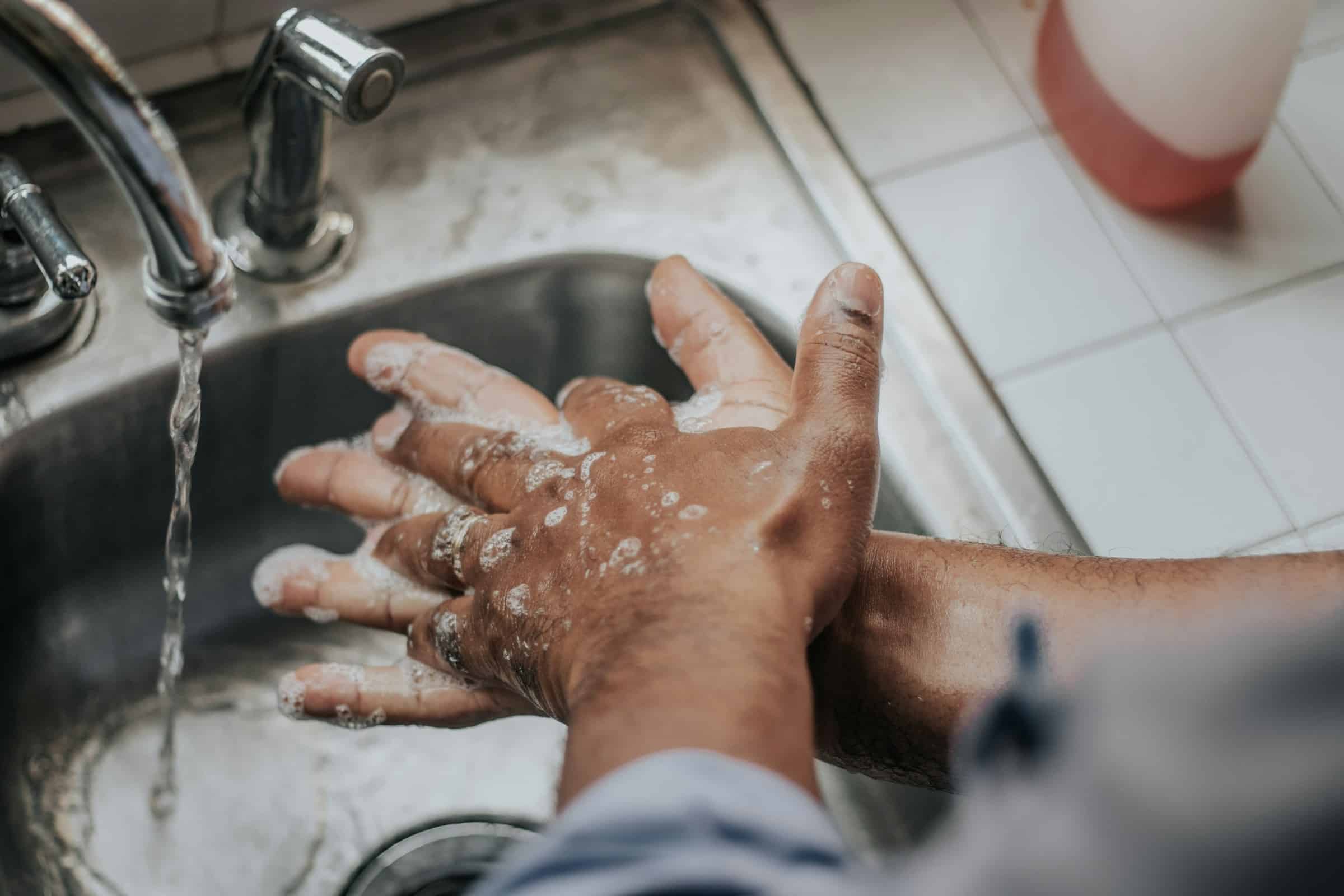Water, the elixir of life, is a commodity that we, as consumers, frequently take for granted. It flows freely from our taps, fills our washing machines, and irrigates our gardens, often with little consideration for its actual value or the environmental impact of our consumption. However, as pressures on our global water resources intensify, sustainable water management is becoming an increasingly pressing issue.
In the UK, the average household consumes a staggering 349 litres of water per day. As our population grows and our climate becomes increasingly unpredictable, we need to take action now to secure our future water supplies. In this article, we will explore the concept of sustainable water usage, focusing on how it can be implemented in UK households. We will examine the role of urban water management systems, the importance of water saving measures, and how efficiency can help reduce our overall water consumption.
Lire également : What Are the Latest Developments in Gene Editing for Crop Improvement in the UK?
Urban Water Management – A Foundation for Sustainability
In the world of water supply systems, urban water management plays a pivotal role. Urban water management strategies focus on the entire water cycle – from the supply of clean drinking water to the treatment and reuse of wastewater. These systems are designed to meet the needs of urban populations while also protecting the environment.
However, traditional urban water management systems in the UK and around the world are often outdated and inefficient. They are typically designed with a single objective in mind: to supply as much water as possible, without due consideration for the broader environmental implications. This is where sustainable urban water management comes in.
En parallèle : What’s the Role of Community Energy Projects in the UK’s Transition to Renewable Resources?
Sustainability in this context means ensuring that our water resources are managed in a way that meets our current needs without compromising the ability of future generations to meet theirs. Sustainable urban water management, therefore, involves implementing strategies that promote efficiency and conservation, while also considering factors such as climate change and population growth.
The Role of Efficiency in Water Consumption
Efficiency is the backbone of sustainable water consumption. It involves making the best use of the available water resources, reducing waste and ensuring that water is used in the most productive way possible.
In the home, this might involve installing water-saving devices, such as low-flow showerheads and dual-flush toilets, or implementing behavioural changes, such as taking shorter showers and turning off the tap while brushing your teeth. Even small changes like these can have a significant impact. For example, replacing a standard showerhead with a water-efficient model can save up to 7,300 litres of water per year.
Efficiency also extends to the way we use appliances in our homes. Many of us are unaware of how much water our washing machines and dishwashers use. By choosing energy-efficient appliances and using them in the most efficient way possible, we can significantly reduce our water consumption. For instance, running your dishwasher only when it is full can save up to 3,000 litres of water per year.
Water Saving Measures – Every Litre Counts
Beyond efficiency, there are many practical measures that households can take to save water. These water saving measures not only reduce water consumption but also contribute to energy savings, as less energy is required to treat and deliver water.
Rainwater harvesting is one such measure. This involves collecting rainwater from roofs and other surfaces and storing it for later use. The collected water can be used for a variety of non-drinking purposes, such as flushing toilets, watering gardens, and washing cars, thereby reducing the demand on the mains water supply.
Another practical measure is the use of greywater systems. Greywater refers to the relatively clean waste water that comes from baths, showers, washing machines, and sinks. It can be recycled and used for flushing toilets or watering gardens, further reducing the need for potable water.
Adopting a Sustainable Water Consumption Mindset
In the quest for a sustainable water future, perhaps the most important element is our mindset. We need to shift our thinking from one of abundance to one of conservation, treating water as the precious resource it truly is.
Adopting a sustainable water consumption mindset involves being aware of our water use, making conscious decisions to save water where possible, and encouraging others to do the same. It means recognising the true value of water, not just in economic terms, but also in terms of its environmental and social impacts.
This shift in mindset is not something that will happen overnight. It requires education, awareness and perseverance. Yet, if we all take small steps towards sustainability, we can make a significant impact on our collective water consumption and help secure our water resources for future generations.
Conclusion
As we move forward, sustainable water usage must become a priority in UK households. By embracing urban water management systems, making efficiency a key component of our water use, taking active steps to save water, and fostering a sustainable water consumption mindset, we can significantly reduce water consumption. This not only benefits ourselves and our environment but also ensures that our precious water resources remain available for generations to come.
Encouraging Household Water Conservation
To further reduce the domestic water footprint, households could be encouraged to adopt water-saving habits that can make a significant difference in the long run. For instance, merely reducing the time spent in the shower or turning off the tap while brushing your teeth or washing dishes can lead to substantial water savings.
Household water conservation also extends to outdoor usage. Households can adopt water-smart landscaping techniques, like using native plants that require less water, implementing drip irrigation systems, and mulching to reduce evaporation.
Moreover, households can also be incentivised to install water-efficient appliances and fixtures. For instance, low-flow showerheads, faucet aerators, and dual-flush toilets can reduce water consumption significantly. Energy Star-rated appliances like dishwashers and washing machines are also designed to use less water and energy.
Public awareness campaigns, educational programmes, and incentive schemes can also play a crucial role in promoting water conservation at the household level. For example, the United Nations’ World Water Day, celebrated annually on March 22, is an opportunity to raise awareness about the importance of water conservation and sustainability.
The Role of Water Companies in Promoting Sustainable Water Usage
Water companies, too, have an essential role to play in promoting sustainable water usage. They can do this by developing and implementing sustainable water management strategies, investing in infrastructure upgrades to reduce water loss, promoting water conservation among their customers, and offering incentives for customers to install water-efficient appliances and fixtures.
Furthermore, water companies can also contribute significantly to mitigating the effects of climate change, which is likely to exacerbate water scarcity in many parts of the world, including the UK. They can do this by investing in renewable energy sources for their operations, reducing their carbon footprints, and promoting water usage practices that are resilient to climate change.
In conclusion, it is clear that achieving sustainable water usage in UK households will require a concerted effort from all stakeholders, including households themselves, water companies, and policymakers. By adopting more efficient water use habits, implementing water-saving measures, and fostering a sustainability mindset, we can ensure that our precious water resources are protected for future generations. The journey to sustainable water usage may be a long one, but every drop saved brings us one step closer to our goal. It’s no longer merely a matter of choice, but a necessity for our survival and the survival of future generations to come.











